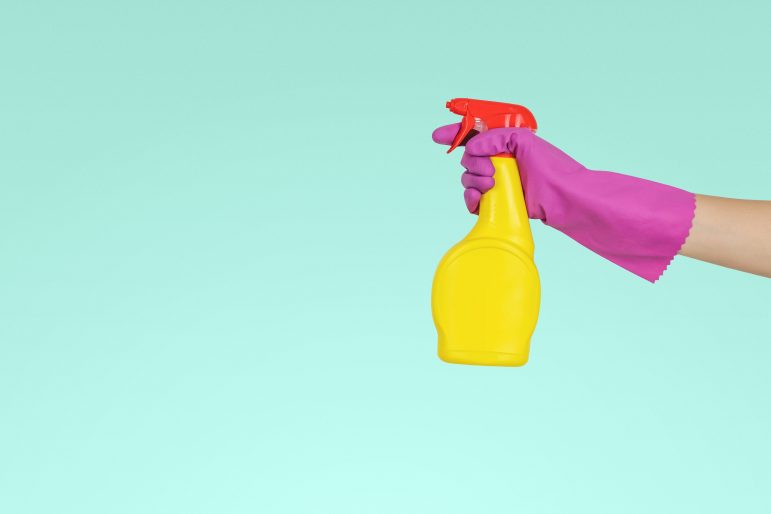Facility spring cleaning can be a daunting prospect for facility managers and cleaning staff, especially large-scale buildings or complexes
Leading service provider ServiceMaster Clean has outlined several tips for building an effective spring cleaning procedure.
Inspect the area
Before the spring cleaning begins, ServiceMaster advocates for identifying your facility’s biggest problem areas. Small problems can quickly become big and expensive issues if not addressed immediately, so be thorough in your examination and ask the janitorial team or your work partners to take a tour of the facilities with you. Trusted experts are excellent at pointing out problems you might not have noticed otherwise.
After a long winter, several areas of a facility are prime candidates for wear and tear. Cold temperatures, excess moisture, and salt tracked inside from the street can damage many different surfaces and materials. ServiceMaster recommends paying special attention to the following trouble spots:
- Ceilings
- Corner guards
- Doors and cabinets
- Fire extinguishers
- Flooring tiles
- Light switches
- Storage shelves
- Tiles and grout
Deep clean the problem spots
Since winter often takes its heaviest toll on flooring, it’s vital to shampoo carpets and properly clean hardwood, tile, and concrete floors on at least an annual basis, and more often in high-traffic spots such as entryways, hallways, and washrooms.
Working with a professional janitorial team can often be the most convenient and efficient method of deep cleaning a commercial property’s floors and carpets. Winter boots bring the season’s road salt, dirt, and snow into all these spaces and can cause damage to surfaces and fixtures, and professionals can often help you identify areas in need of additional care or repair, as well.
Don’t neglect the exterior
During winter, wood and cement work are particularly vulnerable to damage, especially around main entrances and other areas with heavy foot traffic. Beyond structural repairs, sweeping or spraying down exterior walkways, washing windows, and other basic commercial building maintenance can go a long way toward improving the impression your business makes on the outside world. Don’t forget to clean off and inspect your roof for damage, as well.
Prioritize air quality
Once the summer’s heat arrives, a faulty A/C unit is the last thing your business needs. Since these cooling systems often go unused all winter, they are susceptible to dust and dirt buildup, which could lead to lower efficiency, unpleasant smells, increased allergens, and even unit failure. Test them before you need them.









